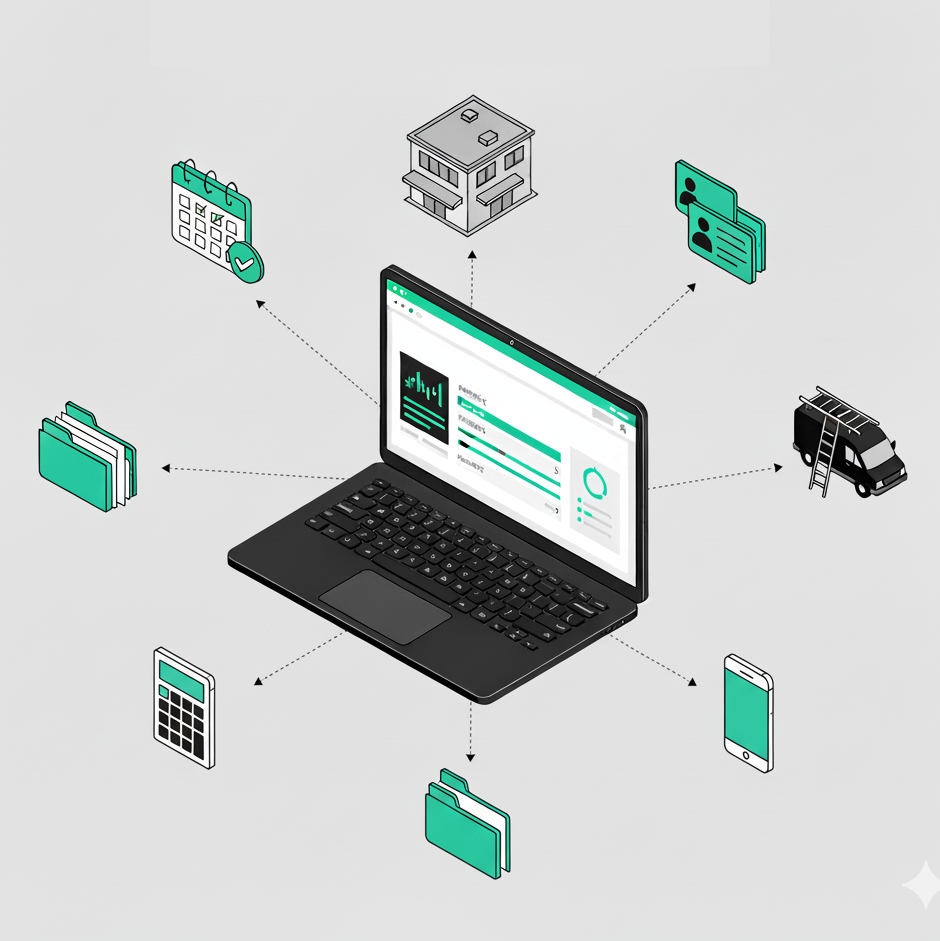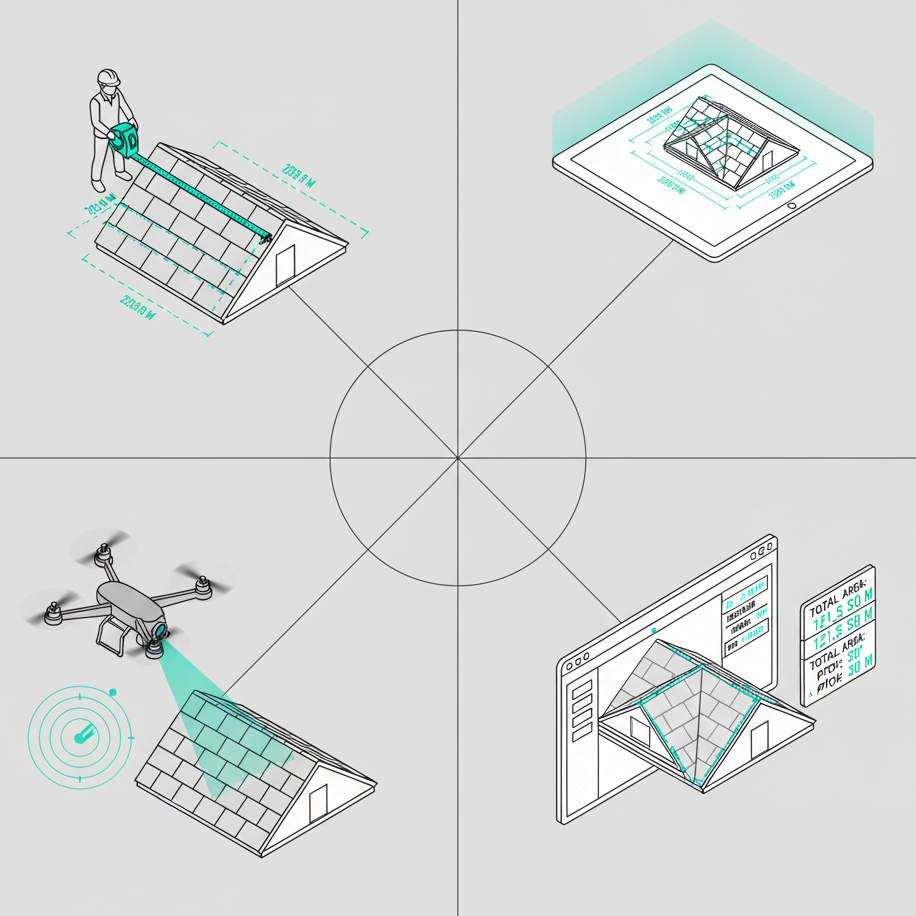These 7 startups are revolutionizing the construction industry with VR and AR


Commercial applications for VR (virtual reality) show the way into the future. In the consumer sector, although most people have already heard of VR and many are talking about it, the technology has not yet been able to gain widespread acceptance. The situation in the commercial sector is completely different. Get to know seven innovative start-ups that offer new ingenious solutions for the construction industry with VR and AR (Augmented Reality).

VR and AR are now essential components of the construction industry
While VR technology initially focused on games, the potential in other industries quickly became apparent. VR gives the construction industry the opportunity to examine and experience a project before it is implemented in real life. In the industry, established timelines cannot be met on a regular basis and planned budgets are not sufficient, as problems in designs or other 2D models are often not foreseen.
VR and AR make it possible to fully immerse yourself in a project — before months or years have passed for construction. This results in significant advantages for architects, engineers and designers. Various problems and deficiencies can now be digitally identified and eliminated before work on the construction site even begins. From creation detailed maps, 3D models and virtual construction site visits to remote project planning, the following startups show innovative options for using VR and AR in the construction industry.
1. Record progress on construction projects in real time
Building Information Modeling (BIM) has been on the rise for years. This involves building twice: first digitally, then actually. Even during planning, all involved trades work together on the same 3D model and the model thus contains all data relevant for construction. As a result, collision checks can be used to identify errors at an early stage, which would only have been identified earlier during implementation. In addition, the complete 3D building model provides valuable information for optimal operation and facility management.
A startup in this area is Paracosm from Gainesville, Florida. Founded in 2013, the company has a comprehensive 3D mapping solution developed. With the options for mobile recording of real conditions on site, progress monitoring and visualization, companies can record and evaluate relevant data on their construction sites on a daily or weekly basis. The regular creation of BIM models and the comparison with the real construction site makes progress monitoring much easier and ensures that the building corresponds to the original design. Paracosm offers 3D scanning hardware that collects data for the sophisticated software. The company has now acquired Occipital Paracosm.
https://www.youtube.com/watch?v=mogaE8lnUK4
2. Holobuilder — visit construction sites without attendance

Do you know Google's Streetview feature?! The company Holobuilder enables this function for construction sites. Holobuilder from San Francisco was founded in 2014 and has appropriate software for 360 degree virtual tours of construction sites developed.
Using the web-based JobWalk platform, workers can continuously create 360-degree images as they walk across the construction site, which are securely uploaded to the cloud. If necessary, comments and attachments can then be added to the images, and the download can then be made for offline use.
As a result, users can work with the data anywhere. Customers include large companies such as McCarthy, Mortenson and Skanska. According to her own statements, Skanska was able to Reduce the time required for photo documentation by 50 percent with JobWalk.
https://www.youtube.com/watch?v=AWoe9x8jHVo
3. Magicplan from Sensopia — create floor plans with AR technology

The Canadian start-up Sensopia was founded in 2010 and developed the Magicplan app. Magicplan can automatically measure, draw, and provide floor plans. The highlight: Any mobile device can be used to record, such as your own smartphone. Using AR technology, the software makes it possible to estimate material costs and then order required goods.
The advantage for companies: With Magicplan, they can create a floor plan directly at the customer's site and submit a cost estimate. Construction companies and do-it-yourselfers are also among the customers.
https://youtu.be/-4V2nZgfFbI?list=UUMDE2magPn6qYHV5O9OC0Vw
4. ShilipMIS Technologies — VR for everyone

Founded in 2016, the company is building a platform that allows everyone to create their own VR content — without having to write code. This is intended to provide access to the mass market.
With ppVR, users create VR content for specific locations, events, trips, or products. For example, a real estate agent can offer a virtual tour of a property and thus provide a larger group of people with detailed viewings at any time of day or night.
A building contractor can do the same and share a tour of a construction site with colleagues using virtual reality. No VR hardware is required for viewing, but with appropriate hardware, the tours are more realistic. Customers include Mercedes-Benz, Lords and BlackInk.
5. Fuzor transforms digital models into VR experiences
Founded in 2006, Kalloc Studios offers Fuzor software for converting digital models into a VR experience on. Popular programs such as SketchUp, Revit, and FBX can be used as a source for the models. If necessary, users combine files from different programs for a Fuzor model and in this way allow a comprehensive project overview before it is started in the real world.
Logistics planning for construction sites, including the simulation of workers and vehicles, can be carried out with just a few mouse clicks; the time savings can be enormous.
https://www.youtube.com/watch?v=IJg8b35INpA
6. Pandora Reality creates VR and AR solutions for customers
Founded in 2014, the Turkish company Pandora Reality offers professional VR and AR solutions for clients from sectors such as the real estate sector, architecture firms and education. Numerous solutions for advanced visualizations have been developed, particularly for the real estate sector and architects. Customers include Hard Rock Cafe, Bayer and Pepsico.
7. AIRTEAM Roof Inspector — digital roof measurements with AR views Made in Germany

The German company AIRTEAM Roof-Inspector based in Berlin was founded in 2017. It offers digital roof surveys throughout Germany, which use drone images to create exact 2D and 3D models. By using drones, roofs and facades of all types can be scanned and converted into precise models in a short time. Roof measurements are thus carried out up to 90 percent faster, and at the same time more precise and reliable. Roofers access the data from anywhere via the cloud and can plan their work perfectly. Thanks to their own AR app, roofers and customers can view the finished roof from all directions on their smartphone or tablet.
https://www.youtube.com/watch?v=zRf94lYBOl0&feature=youtu.be
There is a lot of money in the construction industry for innovative start-ups
The Predicting PwC According to this, sales in the construction sector worldwide are expected to almost double by 2030, with 57 percent of growth expected in China, USA and India. While this prediction should be treated with caution, one thing is clear: In the construction industry, there is huge potential for start-ups for innovative technologies that facilitate collaboration, enable more precise work, help avoid expensive mistakes, increase safety on construction sites and offer many other benefits.
Source:
https://www.nanalyze.com/2017/11/6-startups-construction-vr-ar/?ref=quuu&utm_source=quuu



